Coral Reefs
Categories

Fragile and blooming with diversity, coral reefs are ecosystems formed by the growth and deposit of coral in shallow tropical and sub-tropical waters. Reefs are the "rainforests of the sea", and a wide variety of ocean species use them for food and shelter.
The Projects
Browse the participating projects
Do differences in coral skeletal architecture influence bleaching susceptibility?
Reef-building corals are bleaching and dying at unprecedented rates due to ocean warming. However, corals...
Probiotics to save our reefs: Investigating bacteria that protect corals from disease
This project will investigate bacteria that could protect corals and shellfish from fatal infections by...
Can community monitoring help reefs provide food for coastal communities after cyclone and bleaching impacts?
Coral reefs support marine animals, including fish & shellfish that Pacific communities use for food...
How do reef protection and overfishing affect a coral's microbiome?
Coral reefs are declining worldwide due to numerous local and global threats. No-take marine reserves are...
Time traveling through shark skin: Unraveling a pre-historical baseline of Caribbean sharks
How many sharks should there be on Caribbean reefs? Despite evidence suggesting that sharks once existed...
Sydney Harbour-ing unknown coral treasures
Sydney Harbour is a long way from the Great Barrier Reef but is surprisingly home to scleractinian (hard...
Do invasive algae always make bad neighbors? Species-specific responses of corals to contact with invasive algae
There is more algae on coral reefs than ever before and humans are to blame. Can we use next generation...
More About This Challenge
The sciency details
Challenge Aims
Along with being hotspots of diversity, reefs are invaluable to humans: protecting the shoreline, serving as beautiful tourist spots, providing food from the species that call them home, a source for potential medicines and bio-inspired technology. They are also some of the most threatened and destroyed ecosystems on earth, from pollution, overfishing, rising temperatures, and more.
The conservation of this resource moving forward is a critical issue that we strongly believe in. We are calling for research projects that work on some aspects of coral reefs, whether with organisms that live in the ecosystem, from the fish to the corals, or their interactions with each other, or a question that is related to the ecosystem as a whole, such as water chemistry or analysis of conservation efforts.
Please get in touch with our team if you're unsure if your project qualifies. Interdisciplinary projects are more than welcome! We are accepting 15 projects to launch their Experiment crowdfunding campaigns at the end of August. The projects with the highest number of backers will receive extra awards on top of their raised funds.
Project Eligilibity
Any project working on some aspect of coral reefs is invited to apply. Field work may take place anywhere in the world, but researchers must be based out of institutions or organizations in the US, UK, Australia, or Canada, or else receive permission from us to submit.

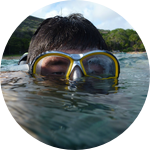
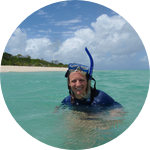

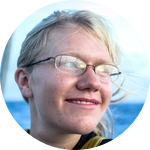
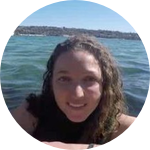
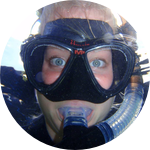
 Challenge Grants
Challenge Grants